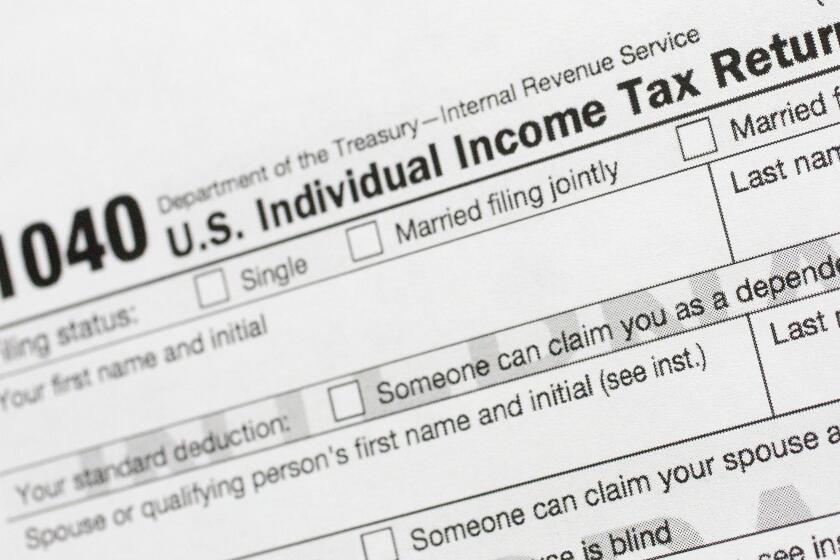2012 cars will set new mpg record, but some say U.S. must do more
The Environmental Protection Agency says that model year 2012 cars and trucks will have the highest ever real-world average fuel economy at about 23.8 miles per gallon.
That would be 1.2 mpg higher than the previous peak set in 2010. In 2011, when U.S. gasoline prices averaged a then-record $3.53 for a gallon of regular, the mpg numbers fell.
The EPA says that mileage fell by 0.2 mpg in 2011, in part because of the effects of the March 2011 earthquake, tsunami and nuclear power disasters in Japan.
The disasters reduced production by Honda and Toyota, leaving car buyers with fewer options for gas-saving models that year.
While there was good news about the improvement in model 2012 cars, some observers said it painted a less than flattering portrait of U.S. automakers.
“Because American car makers weren’t doing their share, when natural disaster curtailed Japan’s auto production, our overall fuel efficiency faltered,” said Dan Becker, director of the
Safe Climate Campaign at the Center for Auto Safety.
“This is a stark demonstration that despite GM’s and Chrysler’s claims, they still are not pulling their weight,” Becker added. “They need better aerodynamics, better transmissions, better engines. This is not rocket science. It’s auto mechanics.”
Higher-mileage vehicles will be a welcome relief to many Americans. In 2012, the U.S. set another record with an average gallon of gasoline costing $3.63, the Energy Department said.
The agency predicted this week that gasoline prices should fall in 2013 and 2014, but not by much.
The Energy Department’s short-term energy outlook says that gasoline prices will average $3.55 a gallon in 2013 and $3.38 a gallon in 2014.
But what the Energy Department can’t predict are unexpected refinery outages or storm damage to the nation’s petroleum infrastructure, any of which could cause a painful spike in prices.
“With high gas prices the new norm, the average model year 2011 vehicle will cost its owners almost as much to fill up over over its lifetime as it did to purchase it,” said David Friedman, senior engineer and deputy director of the Union of Concerned Scientists’ Clean Vehicles program.
“Consumers need more options to shield themselves from the high cost of gasoline, options they are starting to get thanks to the fuel economy and emission standards that began to take effect in 2012,” Friedman added.
ALSO:
The top ten cars with lowest sticker price per mpg
More to Read
Inside the business of entertainment
The Wide Shot brings you news, analysis and insights on everything from streaming wars to production — and what it all means for the future.
You may occasionally receive promotional content from the Los Angeles Times.











